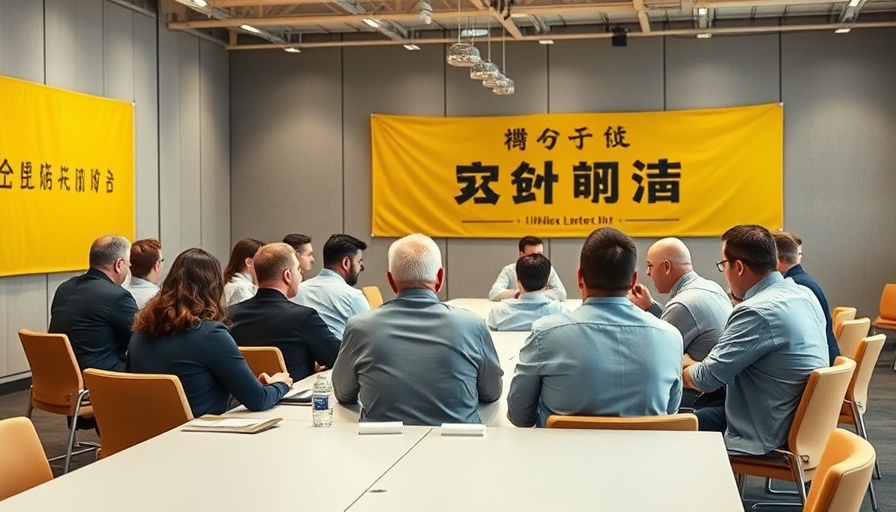
ANC North West Dispute: A Struggle for Legitimacy
The ongoing power struggle within the African National Congress (ANC) has taken a significant turn as disgruntled faction members from the North West province prepare to escalate their legal battle over the party's 2022 Provincial Elective Conference. Following the Supreme Court's dismissal of their earlier appeal, these members, led by Lebogang Medupe, are now gearing up to challenge this verdict in the apex court, asserting that the conference's outcomes are unlawful and invalid. Their claims hinge on strict interpretations of the ANC's constitution, which mandates that interim committees convene within nine months—a deadline they argue has long passed.
Political Precedents: Lessons from the Past
The legal strategy adopted by the North West ANC faction echoes previous successful challenges against the party by notable figures in its history. Political analyst Thabang Motswaledi notes how past claims, such as those from former Free State leader Ramagaza and ex-North West premier Supra Mahumapelo, not only led to court victories but also significantly influenced party dynamics. Observing these precedents, one wonders whether the current applicants might achieve similar outcomes, potentially reshaping internal power structures within the ANC.
Analyzing the Legal Landscape: The Way Forward
As they prepare their case for the Supreme Court, the North West faction is assembling a formidable team of legal experts to dissect the previous judgments. This strategy highlights the intersection of party politics and legal frameworks, raising intriguing questions about the implications of their victory or defeat. If successful, a favorable ruling could embolden other dissenting voices within the ANC, potentially igniting further disputes leading up to the crucial 2024 general elections.
The Broader Implications: ANC's Future in Coalition Politics
The unfolding conflict within the ANC encapsulates broader themes related to governance and political realignment in South Africa. With opposition parties like the Democratic Alliance (DA) and the Economic Freedom Fighters (EFF) eyeing shifts in voter sentiment, the outcome of this court case within the ANC might affect coalition dynamics and voter turnout in future elections. It embodies the struggle for influence amid pressures for electoral reform and greater accountability, particularly against the backdrop of public discontent regarding service delivery and economic inequality.
Public Sentiment: The Voice of the People
The inherent complexities of the ANC’s internal conflicts resonate with the South African public, many of whom are disillusioned by governance challenges such as land reform and youth unemployment. As political parties gear up for the 2024 elections, the ANC’s ability to navigate internal legal strife will be scrutinized against the backdrop of pressing public issues such as economic policy and anti-corruption measures. The public's perception will play a crucial role in the party's electoral viability.
Conclusion: Moving Towards Action
As the dispute continues to unfold, the North West faction's upcoming appeal to the highest court symbolizes a pivotal moment in South African politics. Whether they succeed or fail could steer the ANC down a path of either strengthened unity or further fragmentation. Regardless, this situation encourages each of us to engage actively in political discourse and advocacy, as our collective voice shapes the governance landscape. Understanding these intricate legal and political dynamics is essential for any citizen aiming to influence the future of our nation.
 Add Row
Add Row  Add
Add 




Write A Comment